Home>Articles>How Long Is Pizza Good For In The Refrigerator
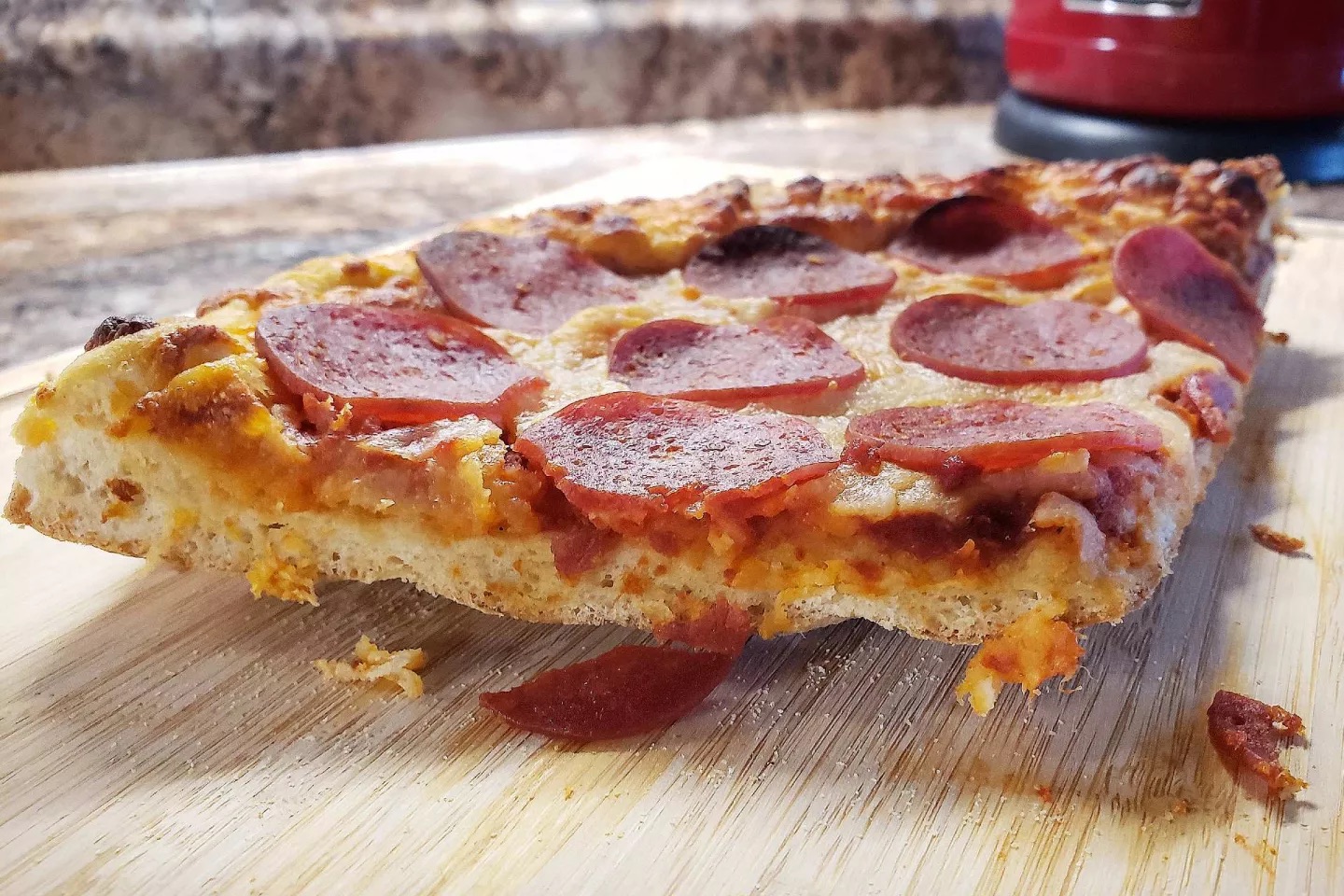

Articles
How Long Is Pizza Good For In The Refrigerator
Modified: August 16, 2024
Discover articles on how long pizza stays fresh in the fridge. Get expert tips and advice on storing and preserving pizza to ensure maximum taste and quality.
(Many of the links in this article redirect to a specific reviewed product. Your purchase of these products through affiliate links helps to generate commission for Storables.com, at no extra cost. Learn more)
Introduction
Pizza is one of the most beloved and versatile foods enjoyed by people all around the world. Whether it’s a classic Margherita, a cheesy pepperoni, or a gourmet combination of toppings, pizza is a go-to comfort food that satisfies cravings and brings people together.
But what happens when you have leftover pizza? Can you simply store it in the refrigerator and enjoy it later? How long can pizza actually stay fresh in the fridge? These are common questions that pizza lovers often ponder.
In this article, we will delve into the factors that affect the shelf life of pizza in the refrigerator, the recommended storage time, signs of spoiled pizza, and tips for properly storing pizza to ensure maximum freshness and flavor.
So, if you’ve ever wondered how long your pizza can safely be stored in the fridge, keep reading to find out!
Key Takeaways:
- Properly stored, leftover pizza can stay fresh in the refrigerator for 3-4 days. Follow recommended storage times, recognize signs of spoilage, and use proper reheating methods to enjoy it safely and deliciously.
- Factors such as ingredient freshness, cooking method, and storage conditions affect the shelf life of pizza in the refrigerator. Understanding these factors and following proper storage practices can help maintain pizza’s flavor and quality.
Factors Affecting Pizza Shelf Life in the Refrigerator
Several factors come into play when determining how long pizza will stay fresh in the refrigerator. Understanding these factors can help you prolong the shelf life of your pizza and enjoy it at its best. Here are the key factors to consider:
- Ingredients: The quality and freshness of the ingredients used in your pizza can significantly impact its shelf life. Fresh toppings like cheese, vegetables, and meats can spoil faster, so it’s important to consider their expiration dates when determining how long your pizza will last.
- Cooking method: The way your pizza is cooked can also affect its longevity in the refrigerator. Traditional pizzas baked in a wood-fired oven tend to have a shorter shelf life compared to frozen or reheat-and-eat pizzas. The cooking method can impact the texture, moisture content, and overall stability of the pizza, which in turn affects its storage duration.
- Storage conditions: Proper storage conditions are crucial for preserving the freshness of pizza. Keeping your pizza in an airtight container or wrapping it tightly with plastic wrap can help prevent moisture loss and keep out any odors or contaminants from the refrigerator. Additionally, maintaining a consistent refrigerator temperature of 40°F (4°C) or below is essential to slow down bacterial growth and maintain food safety.
- Refrigerator age and cleanliness: The age and cleanliness of your refrigerator can also impact the shelf life of pizza. If your refrigerator is old or not properly cleaned, it may not maintain a consistent temperature, which can lead to faster spoilage of perishable foods like pizza. Regularly cleaning your refrigerator and ensuring it is functioning properly can help extend the shelf life of your pizza.
By considering these factors, you can better gauge how long your pizza will stay fresh in the refrigerator and make informed decisions about its consumption.
Recommended Storage Time for Pizza in the Refrigerator
When it comes to storing pizza in the refrigerator, the general consensus is to consume it within 3 to 4 days. This recommendation takes into account various factors such as ingredient freshness, food safety guidelines, and maintaining optimal flavor.
While some sources may suggest that pizza can be safely stored for up to a week, it is important to remember that the quality and taste may deteriorate over time. The cheese and toppings may become dry or lose their texture, and the crust may become soggy or stale.
To ensure that your pizza stays fresh and enjoyable for as long as possible, follow these guidelines:
- First Day: Pizza is at its best when consumed shortly after being made. If you have leftover pizza, refrigerate it within 2 hours of cooking.
- Second Day: On the second day, the pizza will still retain much of its freshness. Reheat the slices in the oven or on a hot skillet for a crispy crust. Alternatively, you can enjoy them cold.
- Third and Fourth Day: As the days go by, the pizza may start to lose some of its quality, but it can still be enjoyable. Reheat it in the oven to revive the flavors and texture. Alternatively, you can use the stored slices as toppings for salads or sandwiches to add a burst of flavor.
It’s important to note that these recommendations are for refrigerated pizza. If your pizza has been left at room temperature for more than 2 hours, it is generally not safe to consume and should be discarded to avoid the risk of foodborne illnesses.
Ultimately, the duration of pizza storage in the refrigerator may vary depending on factors such as ingredients, cooking method, and storage conditions. Use your best judgment and rely on your senses to determine if the pizza is still safe and appealing to eat.
Signs of Spoiled Pizza
Knowing the signs of spoiled pizza is essential to ensure food safety and avoid consuming potentially harmful food. Here are some common signs that your pizza may have gone bad:
- Foul or sour odor: If your pizza emits an unpleasant or sour smell, it is a clear indication that it has started to spoil. The smell may be similar to rotten eggs, fermented cheese, or mold.
- Mold growth: Visual inspection is crucial when determining the freshness of pizza. If you notice any green, white, or black spots of mold on the crust, cheese, or toppings, it’s a definite sign that the pizza has become contaminated and should be discarded.
- Texture changes: Pay attention to the texture of the pizza. If the crust becomes excessively dry, brittle, or excessively moist and soggy, it is a sign that the pizza has lost its freshness and is no longer safe to consume.
- Slimy or sticky surface: A slimy or sticky surface on the pizza indicates bacterial contamination. This is often accompanied by an off-putting odor. Avoid consuming pizza that has a slimy texture, as it can lead to foodborne illnesses.
- Unpleasant taste: While taste is subjective, if your pizza tastes off, has a bitter or rancid flavor, or leaves an unusual aftertaste, it is a clear indicator of spoilage and should not be consumed.
It’s important to note that if any of these signs are present, it is best to err on the side of caution and discard the pizza. Consuming spoiled or contaminated food can lead to food poisoning and other health risks. Trust your senses and prioritize food safety.
Remember, it is always better to be safe than sorry when it comes to consuming pizza or any other perishable food item. When in doubt, throw it out!
To keep pizza fresh in the refrigerator, store it in an airtight container or wrap it tightly in plastic wrap. It will stay good for 3-4 days.
Tips for Properly Storing Pizza in the Refrigerator
To maximize the shelf life and maintain the quality of your leftover pizza, it is crucial to store it properly in the refrigerator. Follow these tips to ensure your pizza stays fresh and delicious:
- Wrap it tightly: Place individual slices or the entire pizza in an airtight container or wrap it tightly with plastic wrap. This will help prevent moisture loss and keep out any odors from other foods in the refrigerator.
- Use a pizza box: If you have the original pizza box, you can store the pizza in it. Make sure to close the box securely to maintain its freshness.
- Separate layers with parchment paper: If you’re storing multiple slices on top of each other, place a sheet of parchment paper between each slice. This will prevent them from sticking together and maintain their individual integrity.
- Label and date: If you anticipate having pizza leftovers for an extended period, label the storage container or box with the date of storage. This will help you keep track of how long it has been stored and determine its freshness.
- Reheat properly: When reheating the pizza, it is best to use an oven or toaster oven for even heat distribution and to maintain the crispness of the crust. Microwaving can lead to a soggy texture, but if that’s your preference, use a microwave-safe cover to prevent splattering and maintain some crust crispness.
- Consider freezing: If you know you won’t be able to consume the pizza within a few days, consider freezing the slices. Wrap each slice individually in plastic wrap and place them in a freezer bag. Frozen pizza can last for up to 2-3 months, but the quality may deteriorate over time.
- Thaw frozen pizza properly: When ready to enjoy frozen pizza, thaw it in the refrigerator overnight. This will help maintain the texture and flavor. Avoid thawing at room temperature, as it can promote bacterial growth.
By following these tips, you can extend the shelf life of your pizza and enjoy it just as deliciously as when it was freshly made.
Frequently Asked Questions (FAQs)
Here are some common questions about storing pizza in the refrigerator:
- Can I store leftover pizza in the refrigerator?
- How long can pizza stay fresh in the refrigerator?
- Can I freeze leftover pizza?
- How do I know if my pizza has gone bad?
- Can I reheat leftover pizza?
- What is the best way to store a whole pizza?
- Can I eat pizza that has been left at room temperature overnight?
- Can I refreeze thawed pizza?
Yes, you can store leftover pizza in the refrigerator to extend its shelf life.
Pizza can stay fresh in the refrigerator for about 3 to 4 days. After that, its quality and taste may start to decline.
Yes, you can freeze leftover pizza. Wrap each slice individually in plastic wrap and store them in a freezer bag for up to 2-3 months.
Signs of spoiled pizza include a foul or sour odor, mold growth, changes in texture, a slimy or sticky surface, and an unpleasant taste. Trust your senses and discard any pizza that shows these signs.
Absolutely! You can reheat pizza in the oven, toaster oven, or microwave. Using an oven or toaster oven will help maintain the crispness of the crust, while microwaving may result in a softer texture.
For a whole pizza, it is best to store it in an airtight container or wrap it tightly with plastic wrap. You can also keep it in the original pizza box if available.
It is generally not safe to eat pizza that has been left at room temperature for more than 2 hours. Bacteria can multiply rapidly, increasing the risk of foodborne illnesses.
It is not recommended to refreeze thawed pizza. Once the pizza has thawed, it is best to consume it within a day or two.
If you have any other questions or concerns about storing pizza, it’s always best to trust your instincts and prioritize food safety.
Conclusion
Storing pizza properly in the refrigerator can help you enjoy its deliciousness even after the initial meal. Understanding the factors that affect pizza’s shelf life, following recommended storage times, recognizing signs of spoilage, and knowing the best storage practices are all crucial for ensuring food safety and maintaining the pizza’s flavor and quality.
Remember to wrap your pizza tightly or store it in an airtight container to prevent moisture loss and odors. Use proper labeling and date the storage container to keep track of its freshness. If you anticipate that you won’t consume the leftovers within a few days, consider freezing the pizza to extend its shelf life.
When reheating the pizza, choose methods like using an oven or toaster oven for the best results. Microwaving is an option, but the texture may become softer. Keep in mind that it’s always better to err on the side of caution and discard any pizza that shows signs of spoilage, such as foul odor, mold growth, or changes in texture.
By following these guidelines and using your senses to assess the pizza’s freshness, you can enjoy your leftover pizza safely and deliciously.
So, the next time you have some leftover pizza, remember these tips and make the most of your refrigerated slices. Happy pizza storing and bon appétit!
Frequently Asked Questions about How Long Is Pizza Good For In The Refrigerator
Was this page helpful?
At Storables.com, we guarantee accurate and reliable information. Our content, validated by Expert Board Contributors, is crafted following stringent Editorial Policies. We're committed to providing you with well-researched, expert-backed insights for all your informational needs.
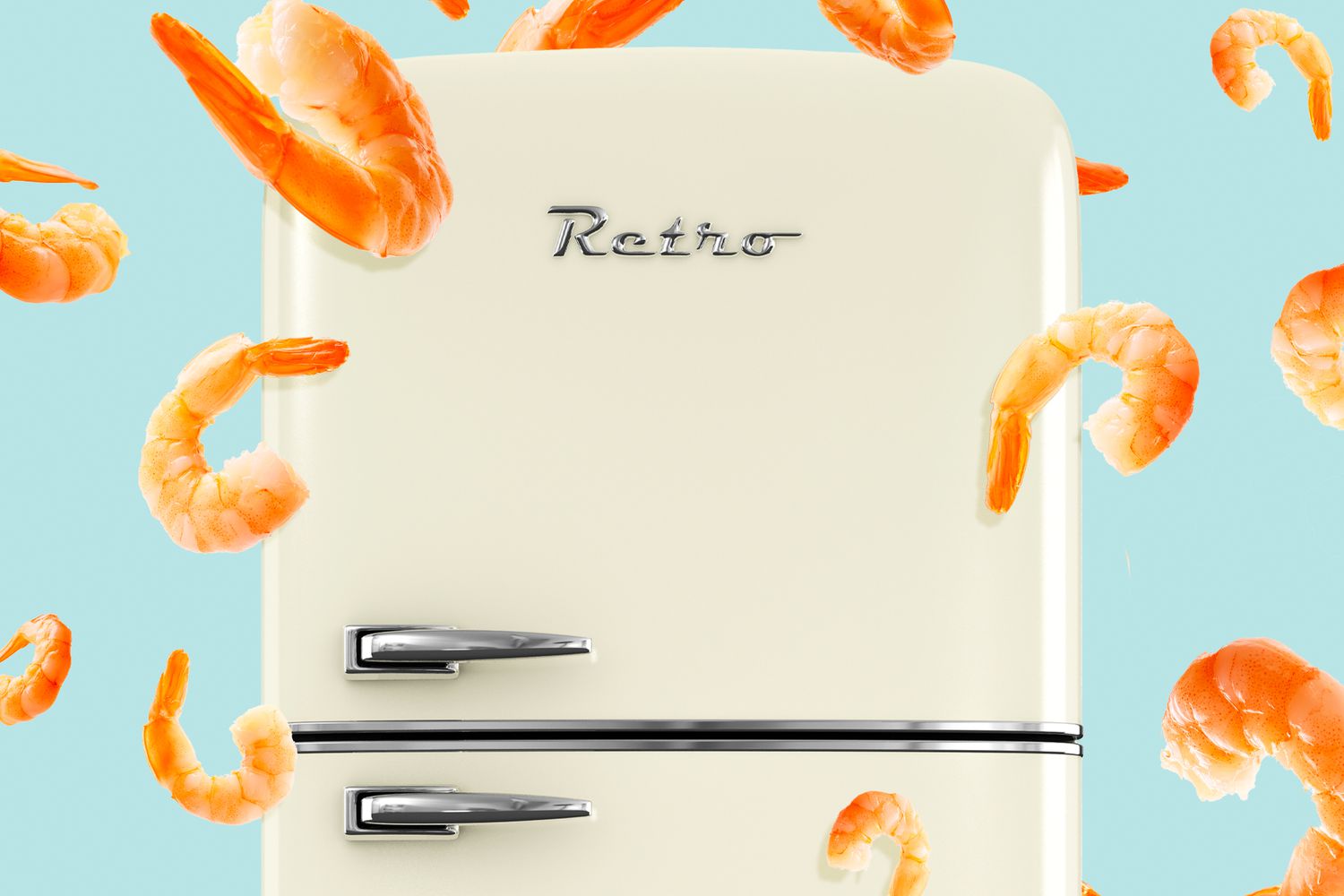




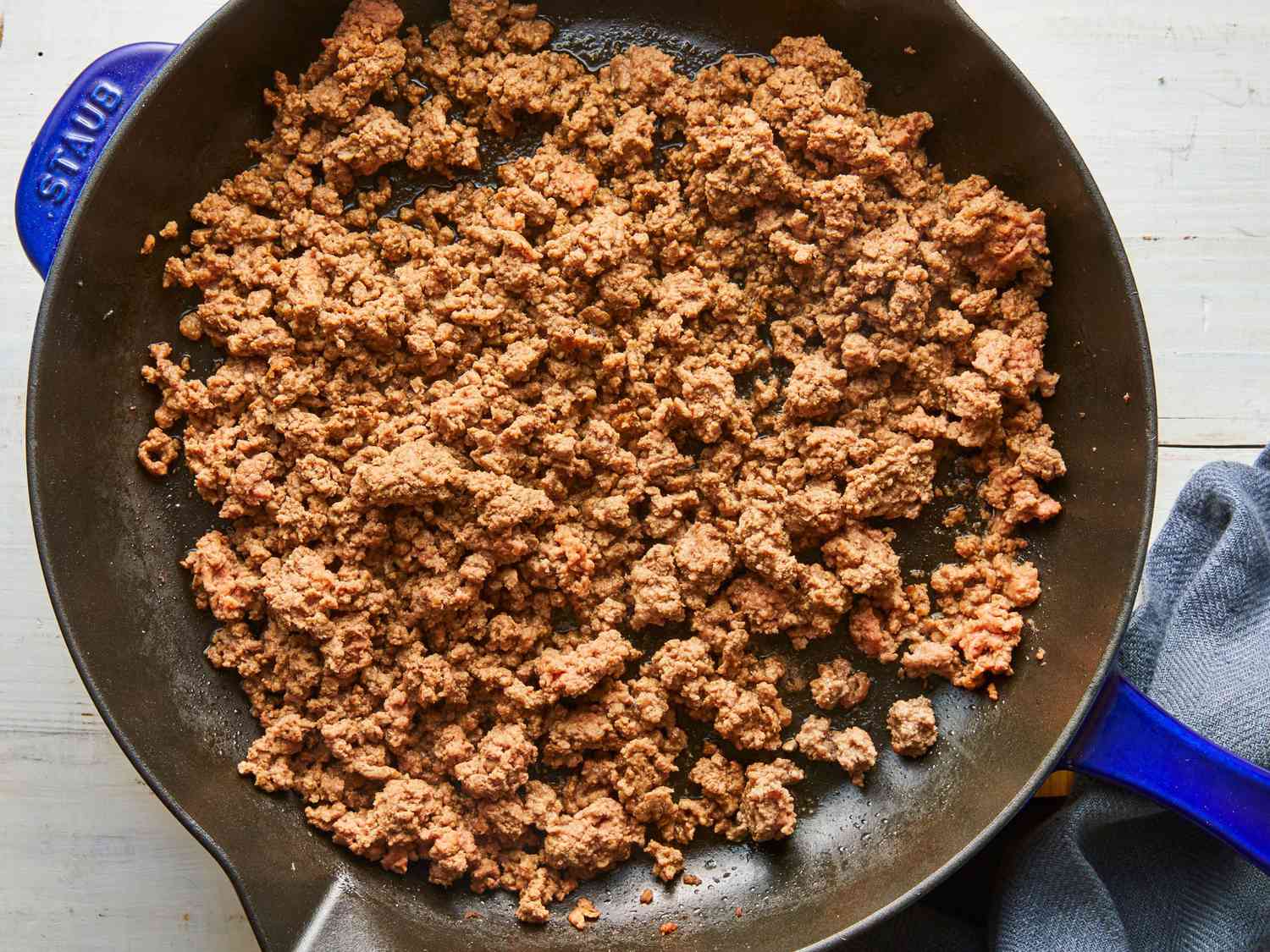
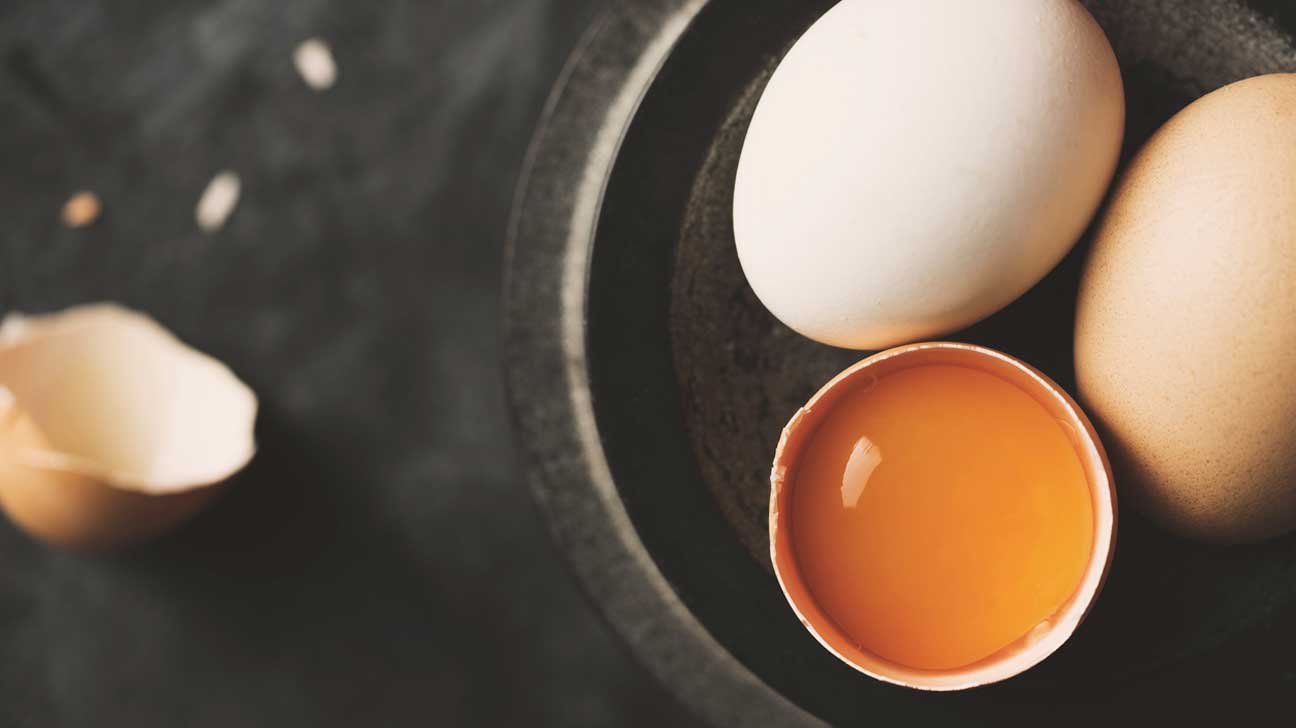

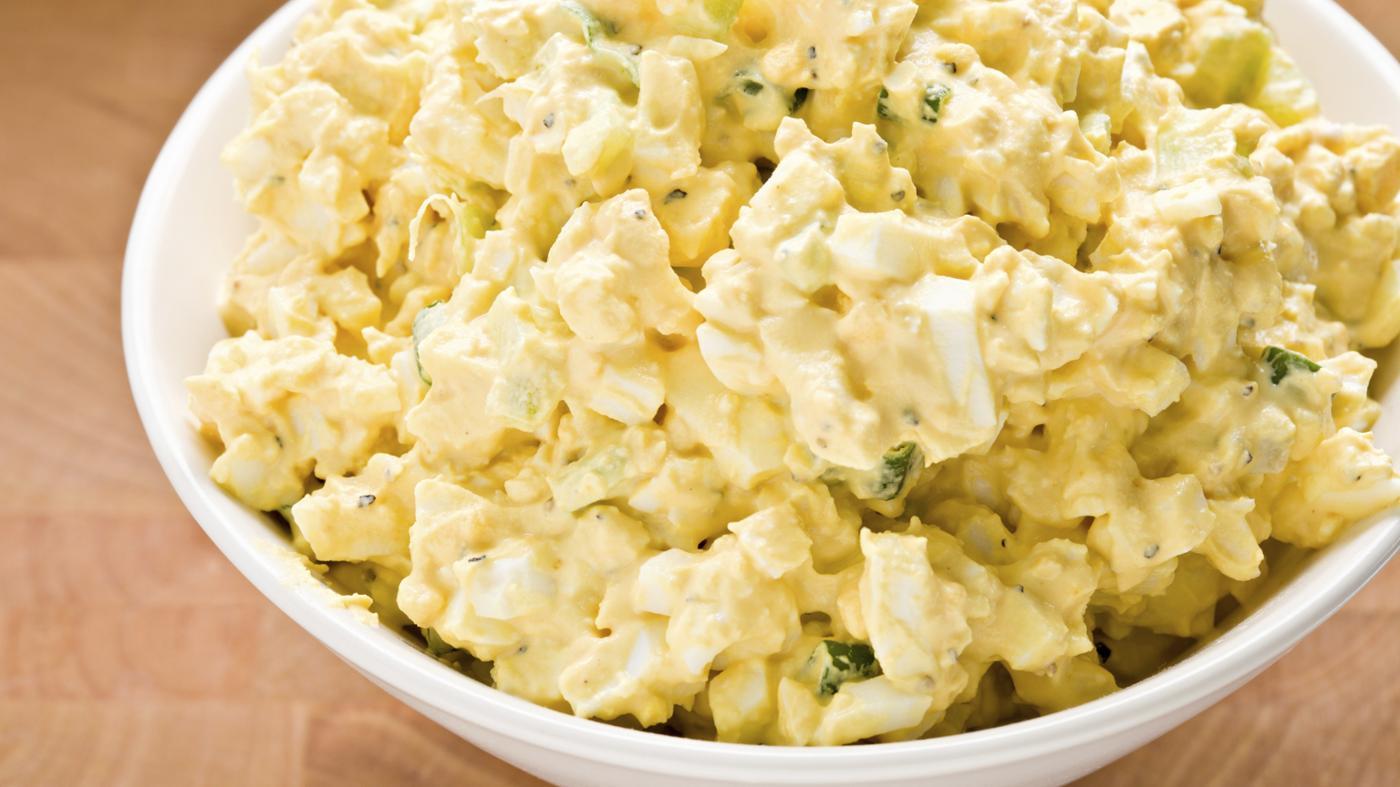
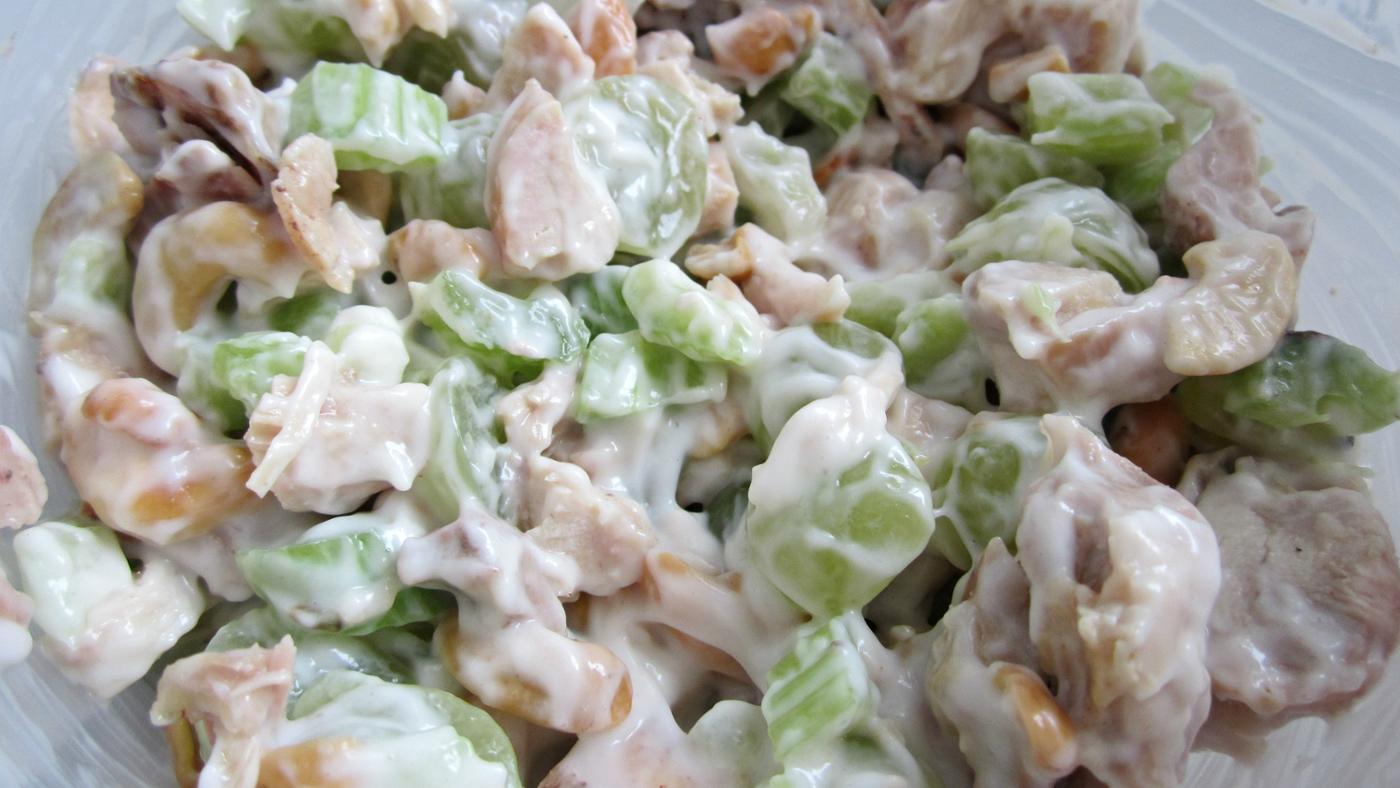

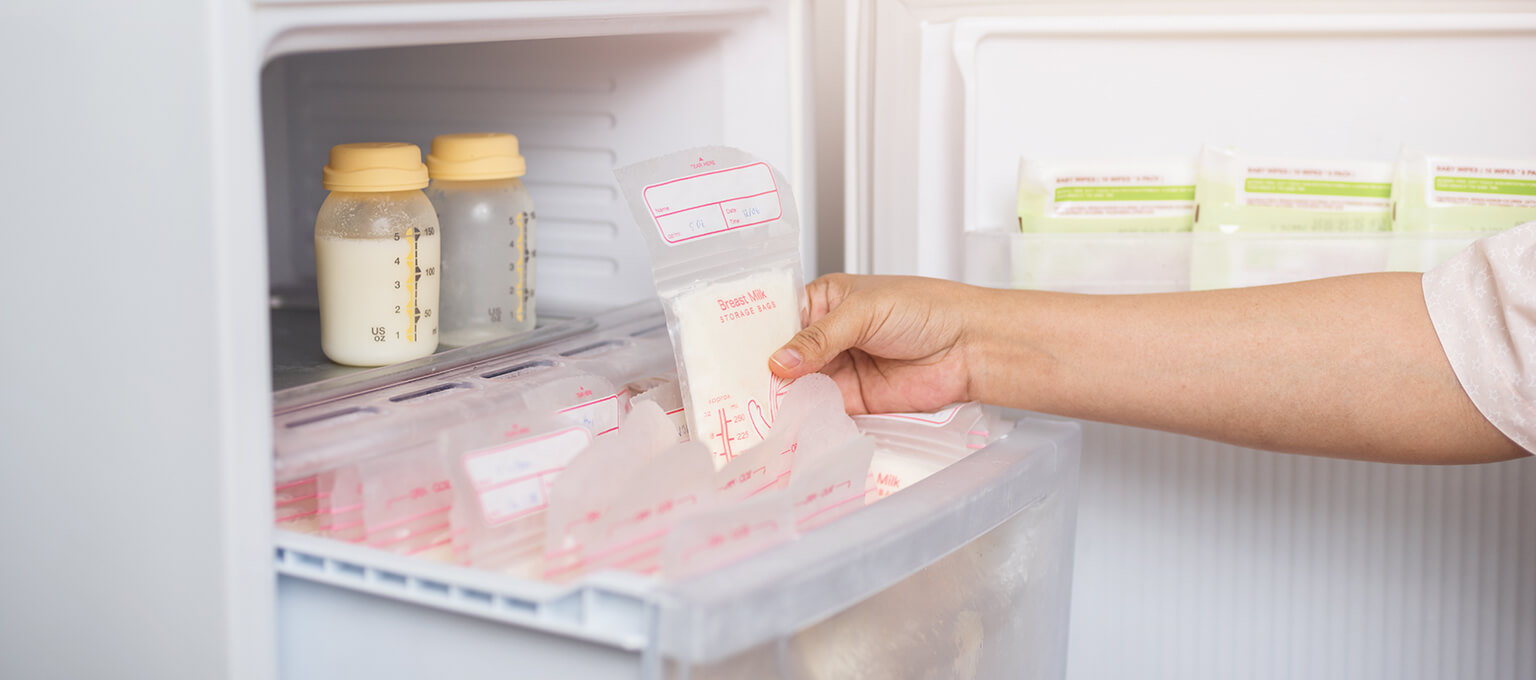
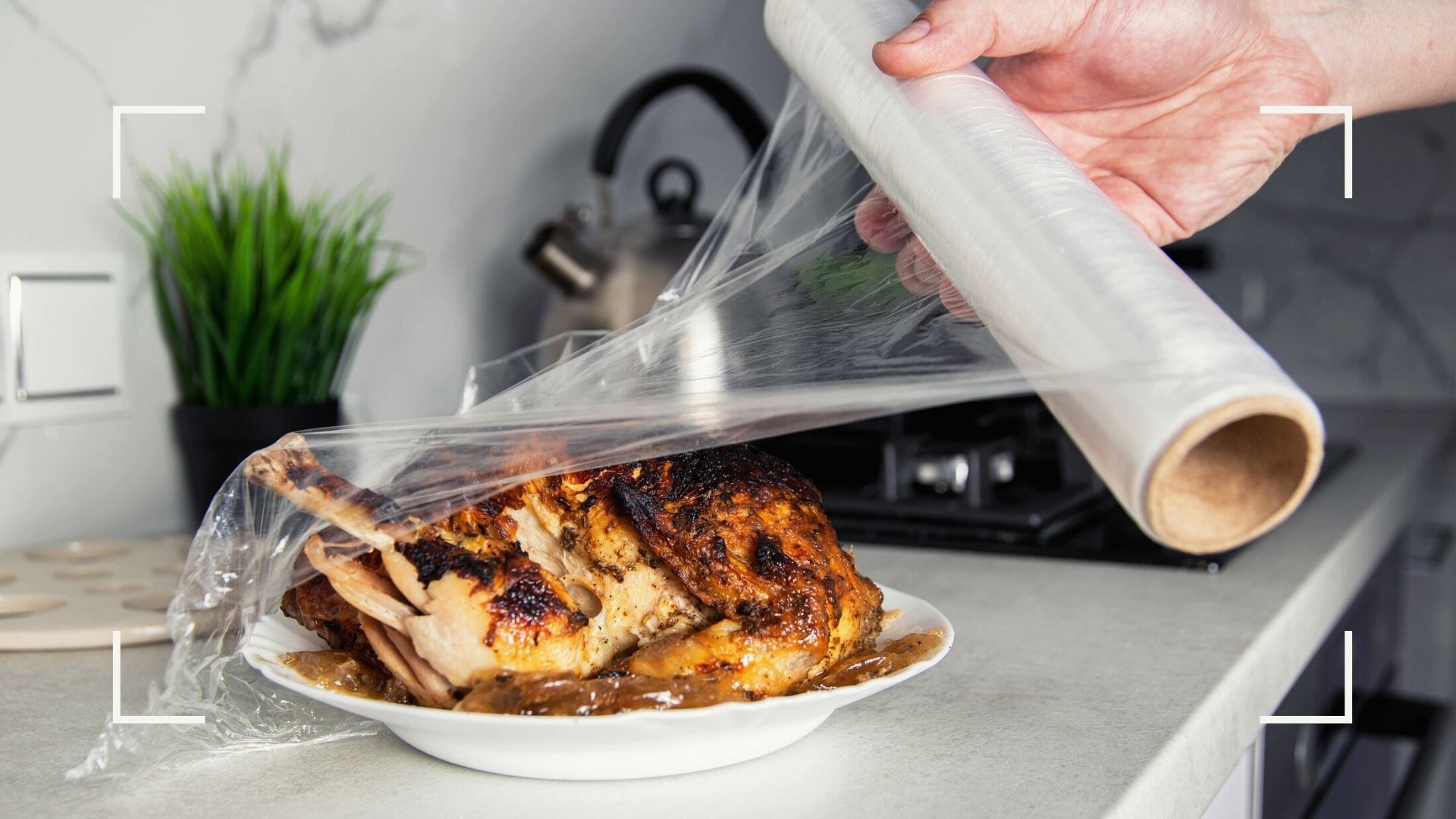
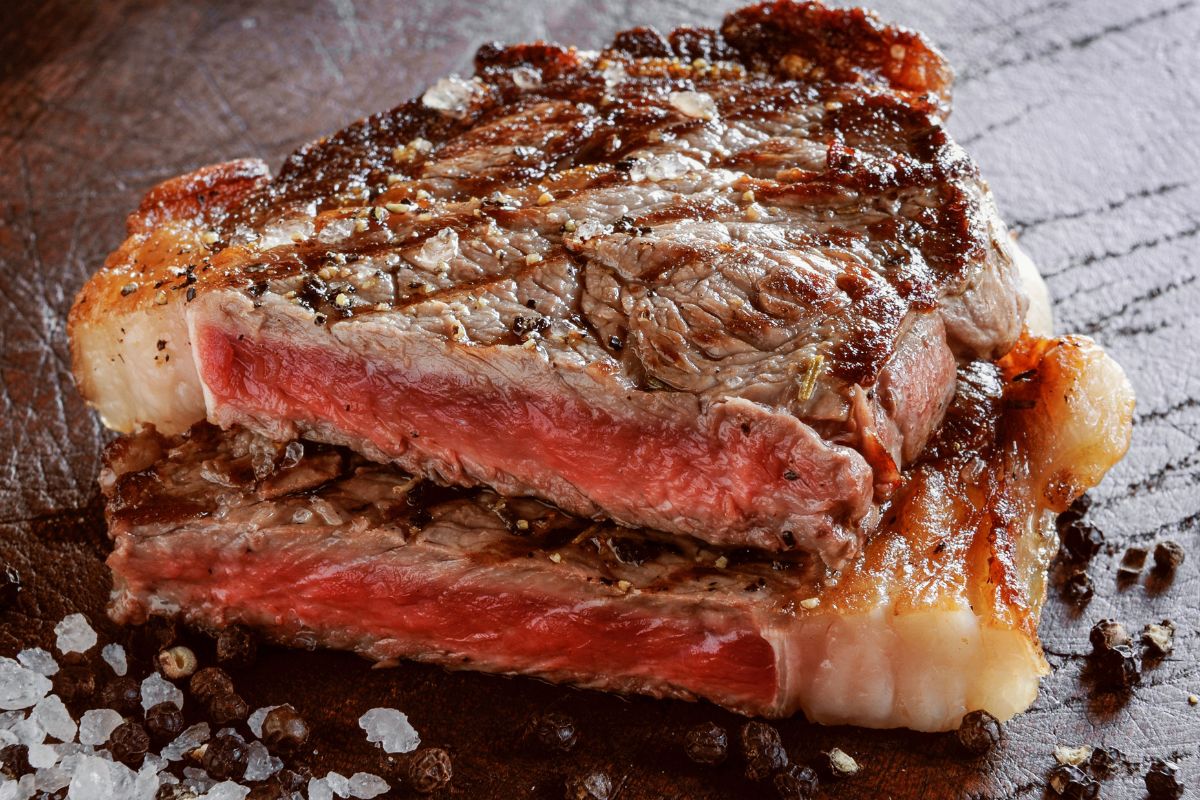

0 thoughts on “How Long Is Pizza Good For In The Refrigerator”